The Karnataka government is considering a proposal to raise stamp duty on property transactions by 1 percentage point in response to a significant revenue shortfall from property registrations in the first quarter of the ongoing financial year. If the proposed increase is approved, the total cost of property registration for buyers would go up from the current 6.6% to 7.6%, based on official fee structures.
The current fee structure comprises a 5% stamp duty on the property's guidance value, a 1% registration charge, a 0.5% cess, and a 0.1% surcharge. An additional 1% hike in the base stamp duty rate would raise the total transaction cost for buyers, increasing their financial burden at a time when the real estate sector is already showing signs of a slowdown.
This would be the first revision in stamp duty rates in Karnataka since 2013. Officials familiar with the matter stated that the Chief Minister has asked the finance, stamps, and registration departments to come up with effective measures to plug the shortfall in collections. One of the key options under discussion is raising stamp duty, particularly in urban centres where property transactions are more frequent and value-heavy.
The revenue shortfall has become evident during the first quarter of the financial year 2025–26. The department of stamps and registration had a target of ₹7,000 crore in revenue collections by June 30, but as of mid-June, collections stand at only ₹4,556 crore. This marks a 35% shortfall from the target and has led to internal deliberations on immediate fiscal measures.
In the previous financial year, the state government initially set a revenue target of ₹26,000 crore for the stamps and registration department, later revising it downward to ₹24,000 crore. Despite the lowered target, the department concluded FY2024–25 with revenue of ₹22,500 crore, as per a recent report published in the Times of India.
The current year’s revised target has been raised to ₹28,000 crore, a figure that now appears challenging given the pace of collections in the first quarter. Officials say the government is under pressure to meet broader fiscal obligations and is exploring policy tools to stabilise revenues. Stamp duty, being a state subject, offers flexibility to make marginal upward revisions without requiring central approvals.
The slowdown in property transactions has been attributed to several factors, including higher interest rates, delays in title regularisation linked to the E-khata system, and investor caution in specific markets like Bengaluru. Earlier this month, a 21% drop in property registrations was recorded in Bengaluru, raising concerns within the state’s revenue department.
The proposed increase in stamp duty may have a direct impact on property buyers, particularly those purchasing mid-range and higher-end properties. Developers and industry associations are expected to voice concerns if the hike is implemented, as it could deter potential homebuyers and further slow transaction volumes.
Policy experts also point out that while increasing stamp duty could offer short-term revenue relief, it risks suppressing demand in a market already facing uneven recovery. A more targeted approach, such as digitisation-led efficiency, widening the tax base, or reducing procedural delays, could offer more sustainable solutions, they argue.
As discussions continue, the final decision is expected to be taken before the end of the first quarter. The finance department is preparing updated forecasts and assessing the possible fiscal impact of the proposed hike. Stakeholder consultations, including inputs from the real estate industry and legal experts, may be considered before any official announcement.
For now, buyers, developers, and market observers are closely watching the state’s next moves, especially as the government balances its revenue needs with the health of the real estate sector.
Image source- freepik.com


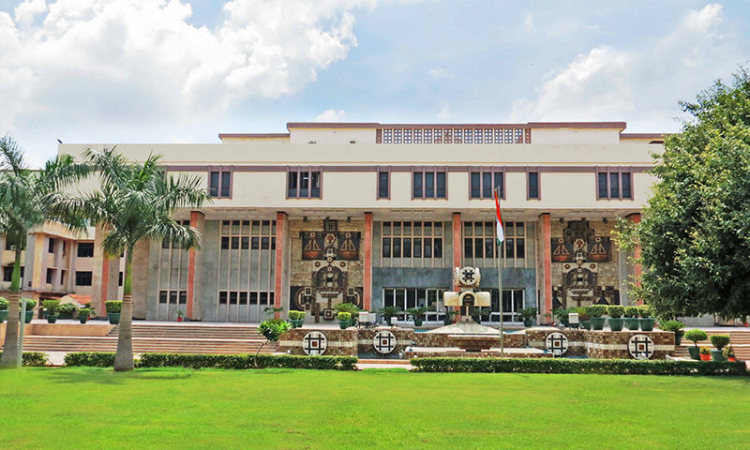


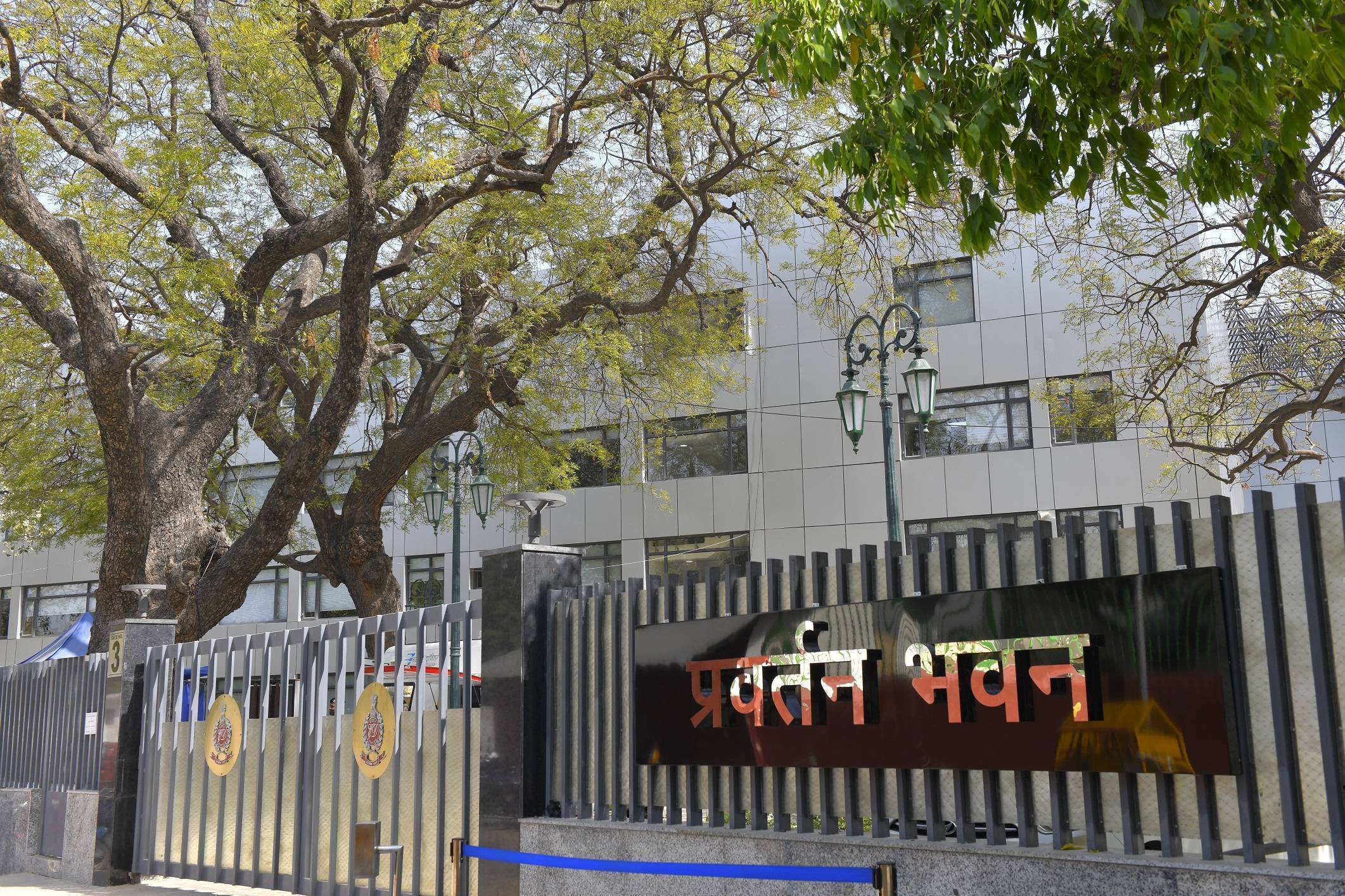
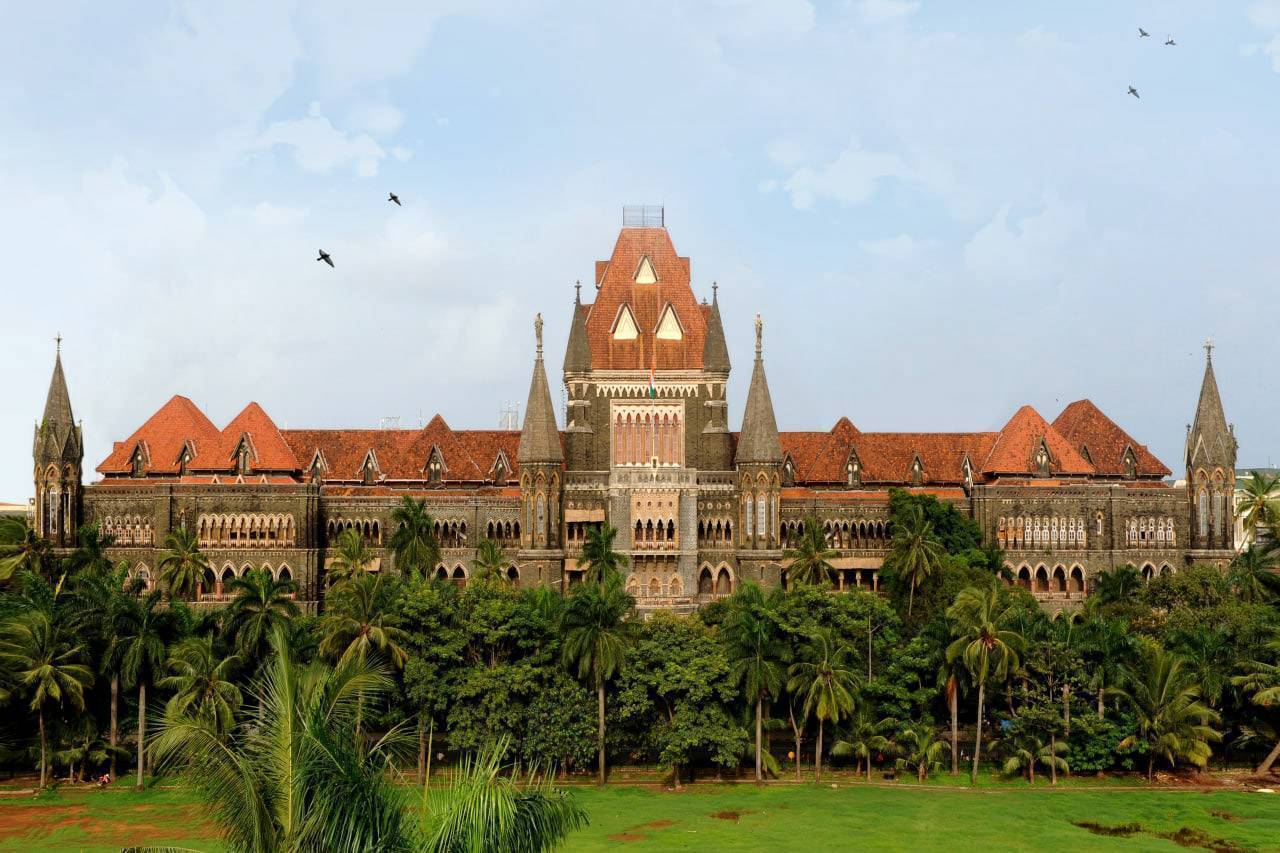
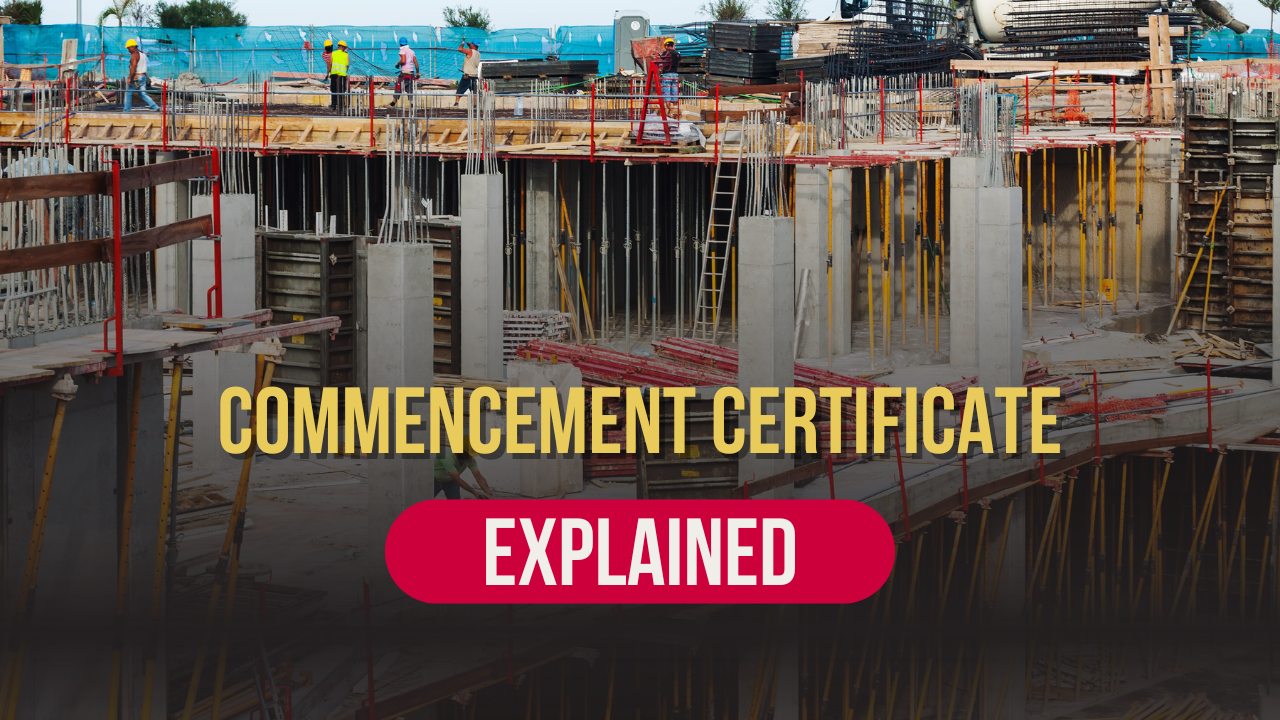
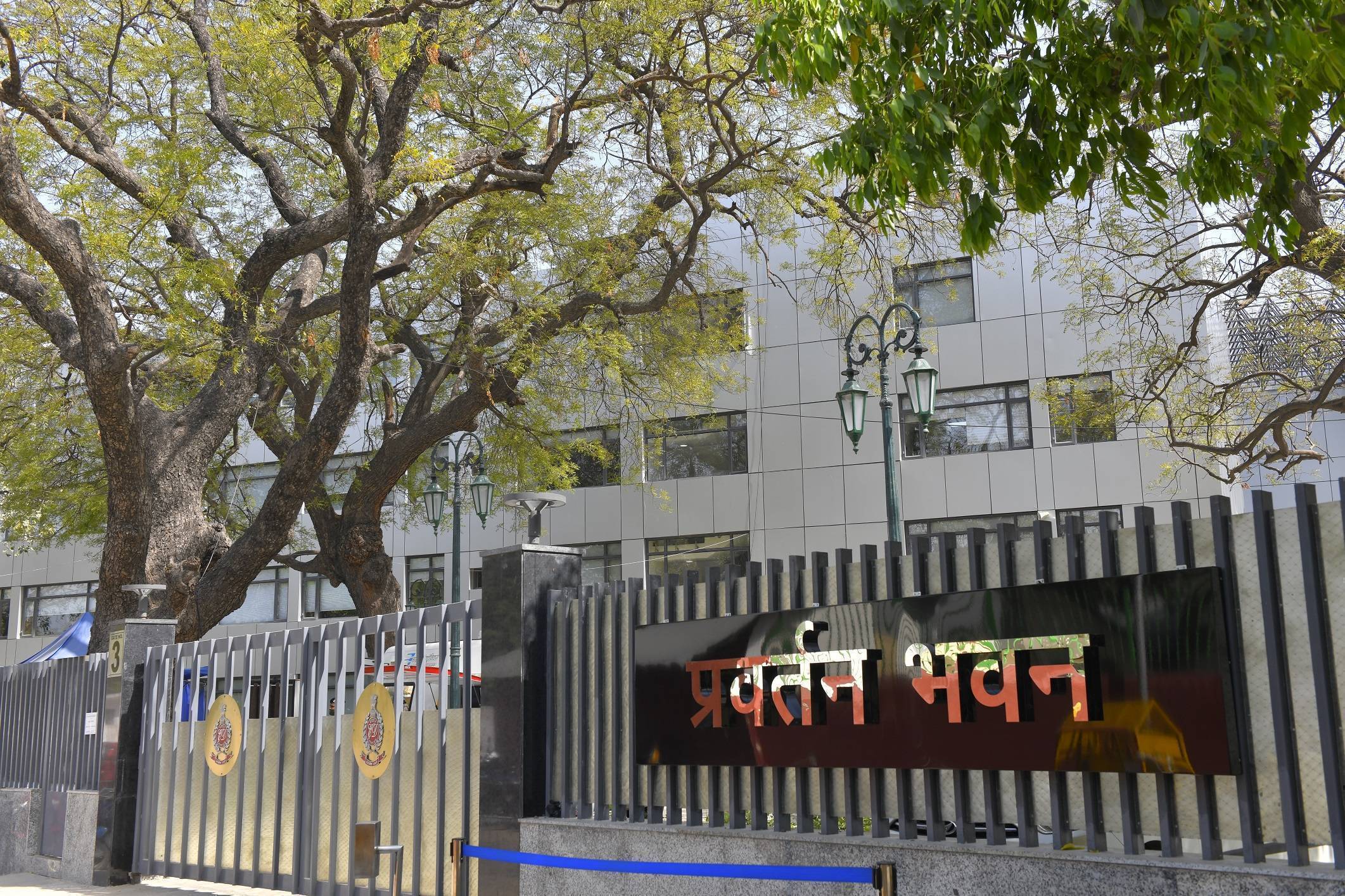
.png)